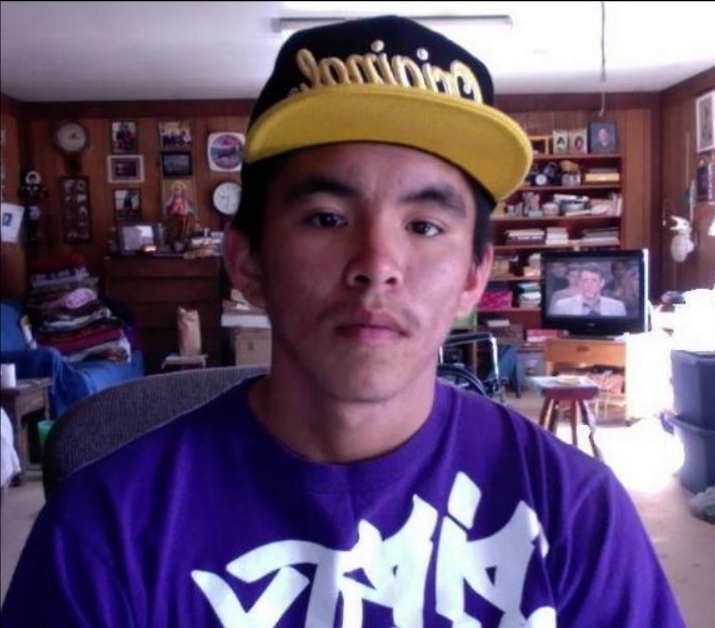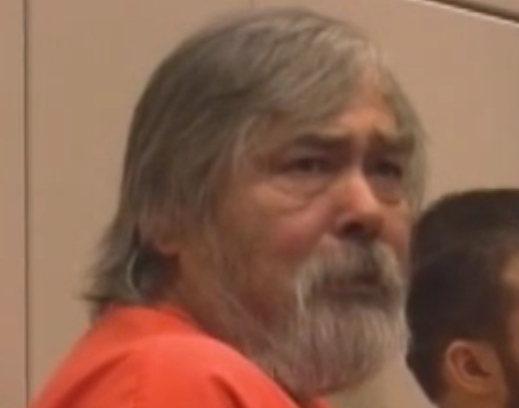
As the community of Tanana continues to wrestle with the issues surrounding the deaths of two Fairbanks-based Alaska State Troopers, the tribal council in the community has voted on a lifetime ban from the village of two men who had an indirect role in the killings.
The tribal council voted to ban for life the father of Nathanial Kangas, 58-year-old Arvin Kangas as well as the leader of the small group “Athabaskan Nation,” William Walsh.
Arvin Kangas is presently in a Fairbanks jail where he was remanded on charges of Assault IV and Reckless Driving after a stand-off with authorities after the shootings of Sgt Patrick Johnson and Trooper Gabriel Rich last week.
William Walsh, a long-time resident of Tanana, left the small community on Monday. As the leader of the “Athabaskan Nation,” Walsh has butted heads with the tribal council on several occasions and is known to have threatened to kill council members as well as the village’s VPSO.
The tribal council meeting on Tuesday followed another community-wide meeting on Saturday. That Saturday meeting of the community was fraught with contention and family members of the two men walked out of the gathering.
Curtis Sommer, the chairman of the Tribal Council said on Wednesday, “We feel that individuals are accountable even though it was not them that shot the troopers. It was their rhetoric. They more or less brainwashed the young man.”
In order to take effect, the tribal council’s decision must be approved by the tribal court.
Banishment for a tribal community has been used many times through history and many times was a death sentence for an individual in the harsh environments in regions such as Alaska, and the punishment is widely used on Indian reservations across the country.
Banishment of sex offenders and convicted drug offenders has been used extensively by the courts to keep these offenders from areas where children are present such as schools, etc. Sixteen states have prohibited the use of banishment as a punishment, yet a handful of states still allow this as a form of punishment.
One of the most highly publicized cases of banishment occurred in Washington state, when two Klawock teenagers beat a pizza delivery man with a baseball bat in 1993 and the Tlingit tribe banished them to two separate Alaskan islands for a period of 18 months with basic tools and food enough for two weeks.
That experiment was cut short when a judge cut the banishment short. Media reported that the two banished teens made numerous unauthorized visits to town and unauthorized visits by media and family members.








